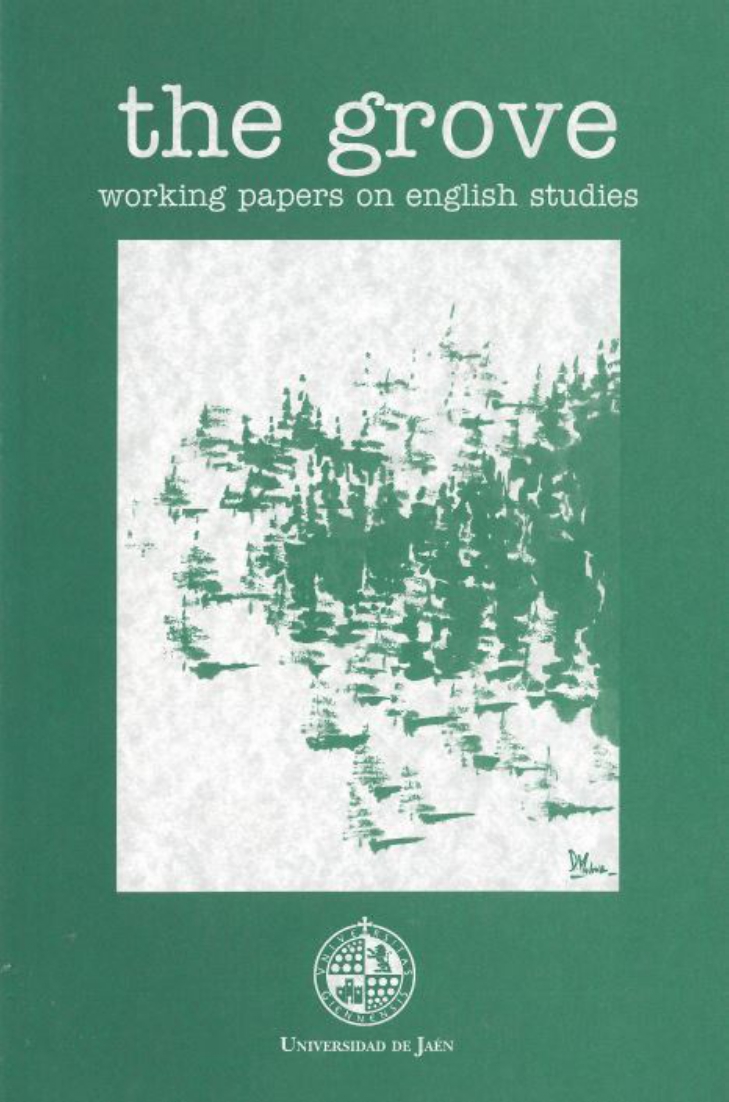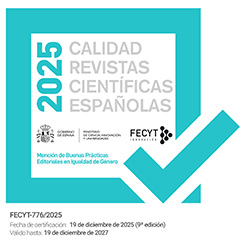In Whose Custody? – A Study of Culture in Crisis with Reference to the Novel and the Film
DOI:
https://doi.org/10.17561/grove.v29.7218Keywords:
Culture, Urdu, India, partition, Urdu poetry, languageAbstract
In Custody is a novel by Anita Desai that studies the extinction of Urdu culture in post-partition India. The film adaptation of the novel has been done by Merchant Ivory Production in an attempt to not only convert the narrative from one art form to another, but also to use cinematic techniques to explore the socio-culture of India with the Urdu language being the central theme. This paper tries to explore the diminished Urdu culture and tries to analyze the question of its preservation in the modern world using technologies that have also been put forward in both art forms. The verses of Urdu poets and Faiz Ahmad Faiz used in the novel and in the film along with the progressive writers’ thought have also been dealt with. Hence, the theme of Urdu culture playing centrally, this paper studies various other aspects that have been presented in the film adaptation.
Downloads
References
Desai, Anita. In Custody. Random House, 1984.
Faiz, Faiz Ahmad. “Aaj Baazaar Mein.” Translated and explained by Andrew Harvey, 2012, p. 1, https://www.patheos.com/blogs/drishtikone/2012/07/faizs-aaj-baazaar-mein-translated-and-explained/. Accessed 6 Nov. 2021.
Faiz, Faiz Ahmad. “Aaj ik harf ko phir dhoondta phirta hai khayaal.” Translated by Mustansir Dalvi, 2020, p. 2, https://faizahmedafaiznewtranslations.blogspot.com/2020/04/faiz-aaj-ik-harf-ko-phir-dhoondta.html. Accessed 28 Oct. 2021
Faiz, Faiz Ahmad. “Aaye kuchh abr.” Translated by Kashif-ul Huda, 2020, p.1, https://kaaashif.medium.com/faiz-aaye-kuchh-abr-4d5eeb66645f. Accessed 5 Nov 2021.
Faiz, Faiz Ahmad. “Gham na kar.” Translated by Mustansir Dalvi, 2019, p.2, https://faizahmedafaiznewtranslations.blogspot.com/2019/12/faiz-gham-na-kar-gham-na-kar.html. Accessed 28 Oct. 2021
Faiz, Faiz Ahmad. “Na ganwao nawak-e-nim-kash dil-e-reza-reza ganwa diya.” Urdu Sad Poetry, 2012, p. 1, https://www.urdusadpoetry.com/2012/08/na-ganwao-nawak-e-neem-kash-ghazal.html. Accessed 7 Nov 2021.
Faiz, Faiz Ahmad. “Nasib aazmane ke din aa rahe hain” Rekhta, p. 1, https://www.rekhta.org/ghazals/nasiib-aazmaane-ke-din-aa-rahe-hain-faiz-ahmad-faiz-ghazals. Accessed 6 Nov. 2021.
Galib, Mirza. “Na-karda gunahon ki bhi hasrat ki mile dad.” Shayari Urdu, 2019, p. 1, https://shayariurdu.com/2019/05/14/na-karda-gunahon-ki-bhi-hasrat-ki-mile/. Accessed 5 Nov 2021.
Gopal, N. Raj. A Critical Study of the Novels of Anita Desai. Atlantic Publishers and Distributors, 1995.
In Custody. Ismail Merchant (dir.). Shashi Kapoor, Om Puri (perf.), Merchant Ivory Productions, 1994.
Lall, Inder Jit. “Urdu: A Language of Composite Culture.” Indian Literature, vol. 19, no. 4, 1976, pp. 48–53. JSTOR, http://www.jstor.org/stable/24157278. Accessed 2 Nov. 2021.
Lucknowi, Behzad. “Ae jazba-e-dil gar main chahoon.” Translated by Anant, 2013, p. 1. https://anant-pills.blogspot.com/2013/01/ae-jazba-e-dil-gar-main-chahoon.html. Accessed 30 Oct. 2021
Sahni, Bhisham. “The Progressive Writers’ Movement.” Indian Literature, vol. 29, 1986, pp. 178-83, http://www.jstor.org/stable/24159089. Accessed 4 Nov. 2021.
Yaqin, Amina. “The Communalization and Disintegration of Urdu in Anita Desai’s In Custody.” Alternative Indias: Writing, Nation and Communalism. Brill, 2005, pp. 122-23, https://minds.wisconsin.edu/bitstream/handle/1793/18643/08YaqinDesai.pdf?sequence=2. Accessed 25 Oct. 2021.
Published
Issue
Section
License
Copyright (c) 2022 Astha Singh

This work is licensed under a Creative Commons Attribution 4.0 International License.
Authors who publish with this journal agree to retain copyright and grant the journal right of first publication with the work simultaneously licensed under a Creative Commons Attribution License that allows others to share the work with an acknowledgement of the work's authorship and initial publication in this journal. Also, authors will retain the rights on their work, even if they will be granting The Grove. Working Papers on English Studies a non-exclusive right of use to reproduce, edit, distribute, publicly communicate and show their work. Therefore, authors are free to engage in additional, independent contracts for non-exclusive distribution of the works published in this journal (such as uploading them to an institutional repository or publishing them in a book), as long as the fact that the manuscripts were first published in this journal is acknowledged.

























